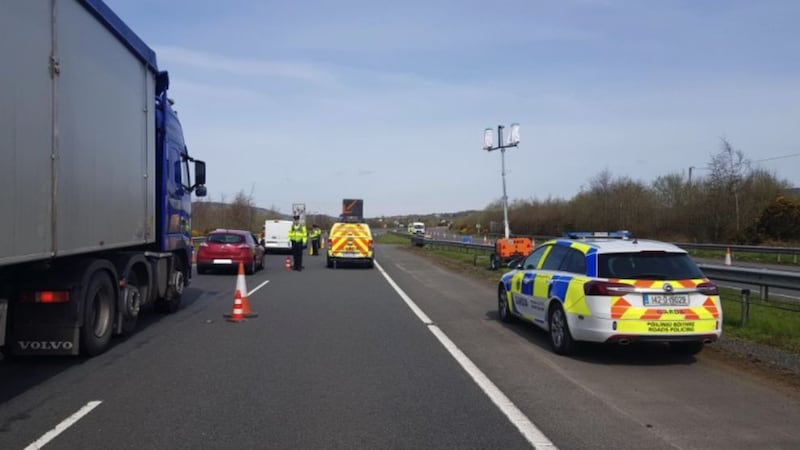The Irish government has published its lockdown exit timetable without making any attempt to coordinate with Stormont.
In fact, Stormont was actively excluded.
As Fine Gael minister Regina Doherty told RTE this Tuesday, Dublin wanted to “inform Irish people first” before sharing its plans with the Northern Ireland executive.
This required a wilful act of secrecy. The Irish government had a meeting with Stormont ministers last week, when southern plans were ready for the printers and Stormont had scheduled this week to agree its own proposals.
Arlene Foster and Michelle O’Neill referred to this meeting at their joint coronavirus press conference on Monday, when asked why the Republic had gone ahead without them.
“We didn’t have a comprehensive view of what was coming,” was how Foster diplomatically put it.
O’Neill was blunter. “We talked about the potential exit strategy and what that would look like it in general terms but there wasn’t any detail shared”.
There must be realism about how much the Republic will ever alter its plans merely to synchronise with Northern Ireland, certainly on an all-Ireland basis, if not in border areas. However, it had a chance last week to simply present plans for a receptive Stormont to take on board. Even that was out of the question.
Foster and O’Neill appeared to share their exasperation at Monday’s press conference, which was one of their most collegiate to date. If something positive is to come out of all this, it should be ending the strange practice of blaming unionists for the lack of all-Ireland cooperation.
Dublin has always been the problem.
The Republic began entering lockdown on March 12, with school closures, museum and tourist site closures, limits on indoor and outdoor events and a raft of social distancing measures.
These were announced by Taoiseach Leo Varadkar from Washington, where he was on a St Patrick’s Day visit.
“Acting as one nation, we can save many lives”, he said.
There was no attempt at involving Northern Ireland.
Although cross-border pupil numbers are small, the contentiousness of school closures was not hard to foresee. Tourism is marketed on an all-Ireland basis, is obviously a leading health and economic concern in managing the epidemic and is a specified area of north-south cooperation under the Good Friday Agreement. This counted for nothing.
The Irish government subsequently claimed it had offered to discuss its measures with Stormont in advance. The ‘offer’ was made in a telephone call ten minutes before Varadkar’s statement, warning Stormont there would be a statement, with no information on its contents.
In their joint press conference later that day, Foster and O’Neill were again united in frustration at the Republic’s failure to communicate.
Foster said she was “disappointed”, as she thought north and south “have had a very good interaction, not only between ourselves at political level but also at medical office level.”
O’Neill called it “a confusing day”, adding her party would be guided by “what the science advises.”
The next day, Sinn Féin made a unilateral demand for school closures and suddenly everything was unionism’s fault.
No amount of statements from unionist ministers in favour of north-south cooperation stopped a nationalist consensus emerging that unionists were opposed to such cooperation. No unionist minister has ever made a statement opposing north-south cooperation on coronavirus.
On April 7, UUP health minister Robin Swann signed a memorandum of understanding with the Republic’s Department of Health, to the universal approval of all other unionists on the executive. Yet unionists were still accused of opposing cooperation, and worse.
It has become common to see claims of unionists jeopardising Irish lives through blind loyalty to Britain, despite Foster and Swann being equally clear they are prepared to diverge from Britain.
Every north-south difference in policy has been seized on as a sectarian wedge.
At its nadir a month ago, this toxic nonsense threatened to bring down devolution. There would be even less cooperation with no northern executive or North-South Ministerial Council.
Since looking over that precipice at the start of April, Sinn Féin and the DUP have made a renewed effort to reach agreed positions, without pretending they have no differences.
The Irish government’s continued, total contempt for cooperation should be the final pointer to where the real obstacle lies. Only the most obtuse of partisans could miss it.









